8 proven daily changes that could add a decade to your life
Could walking more, sleeping better and eating differently really add a decade to your life? The evidence suggests yes.
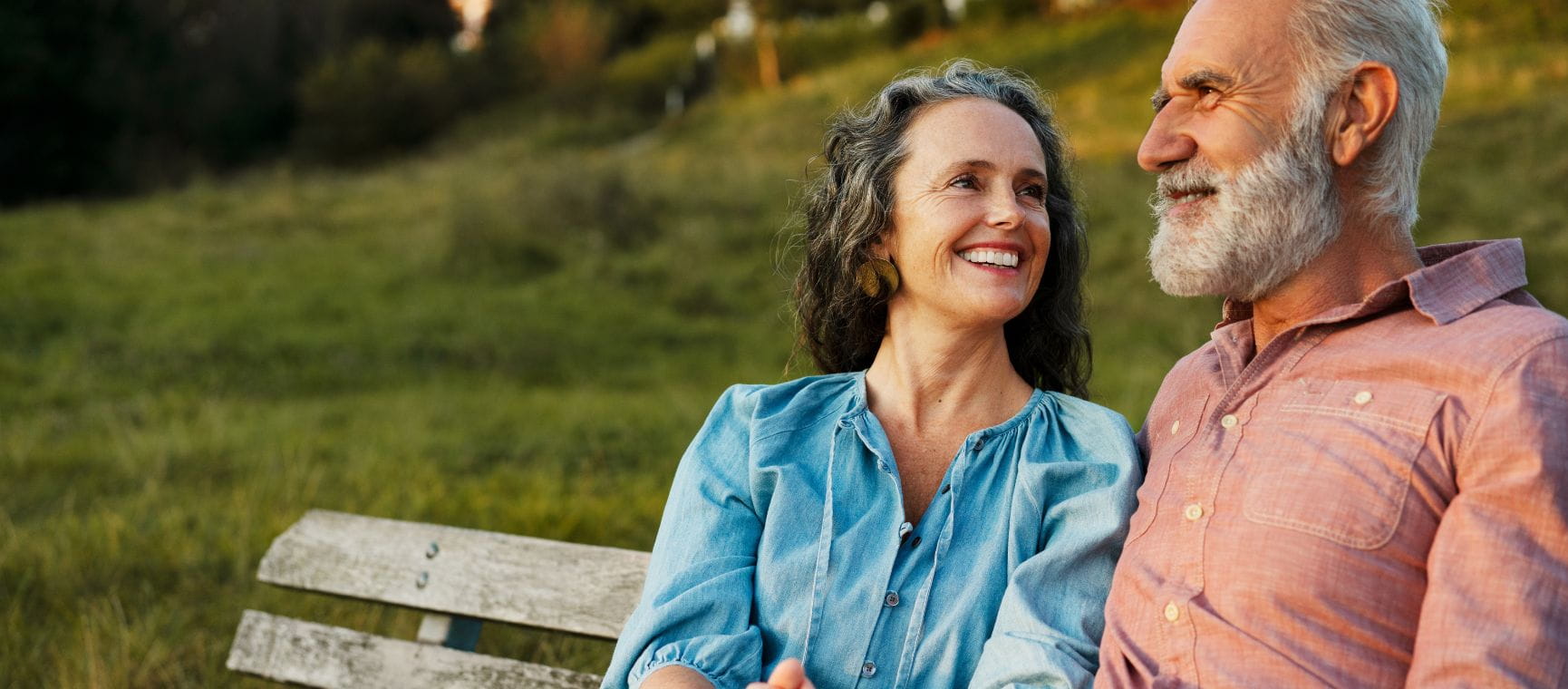
Could walking more, sleeping better and eating differently really add a decade to your life? The evidence suggests yes.

As we age, our bodies quietly change gear. Muscle mass shrinks – we can lose up to 30% by our 70s – sleep gets patchier and that late-night cheese board suddenly doesn't seem like such a brilliant idea.
The good news? Research shows that even modest lifestyle tweaks, from eating more protein to moving more each day, can help us live longer and feel better.
You don’t need a cryotherapy chamber or a cupboard full of supplements though, just a few consistent shifts. One study found that adopting just five healthy habits could add over a decade to your life. To help you on your way, here are eight realistic habits that could help you stay stronger, steadier and sharper.
If you’re still eating toast and tea for breakfast, it might be time for a rethink. As we get older, our bodies become less efficient at building and maintaining muscle – a process known as anabolic resistance. This natural decline in muscle mass starts from around age 50 and can accelerate if left unchecked, affecting balance, strength, metabolism and even immunity.
“Consistent protein intake and exercise can combat this,” says Dr Colleen Draper, a nutritionist for the menopause platform Issviva. She recommends aiming for 1–1.2g of protein per kilo of body weight daily and spreading it evenly across meals and yes, that means eating it first thing in the morning.
Think eggs at breakfast, beans at lunch and fish or tofu at dinner. Supporting muscle mass in this way can help protect against frailty, maintain independence and even lower the risk of earlier death, making protein one of the most powerful tools for healthy ageing.
The bonus benefits extend far beyond muscle maintenance though. Protein also helps control cravings, steadies blood sugar swings and provides steady energy to combat fatigue - we've got 10 ways to add more protein to your diet.

You don’t need to become a gym person. You don’t even need Lycra. But you do need to move.
“From around 50 onwards, we start to lose muscle and bone strength,” says fitness coach Sam Palmer. “Strength training isn’t about how you look. It’s about being able to get off the sofa without using your hands or carry the shopping without a struggle.”
This type of functional strength enables you to continue living life on your own terms.
Palmer's encouraging news? "Just two sessions a week of strength-focused movement – lasting around 20–30 minutes – can make a noticeable difference."
And no, it doesn’t have to mean fancy gear or intimidating workouts. Palmer says a resistance band, your own bodyweight or a couple of dumbbells at home can work wonders, especially if you keep at it consistently.
Not sure where to start? Our beginner strength training guide walks you through the basics – no gym membership required.
Pressed for time? Palmer recommends a five-minute strength snack – short bursts of resistance work using just your bodyweight or a pair of dumbbells. “Done consistently, they really add up,” she says.
Whether it’s a few squats at the kitchen counter or some resistance band rows during the news, it’s all about asking your muscles to work regularly.
One of the simplest yet most powerful changes you can make costs nothing at all: stepping outside in the morning light. Just 10–15 minutes outdoors before 10am can help regulate your sleep-wake cycle, lift your mood and even support healthy blood pressure.
As Palmer puts it: “If you can walk for 10 minutes or more outdoors before midday, it can help reset your body clock and improve your sleep too.”
Whether you take your morning cuppa into the garden or head out for a gentle stroll, it’s a daily ritual that pays dividends. In fact, a review of clinical trials in older adults found that 30 minutes of bright morning light markedly reduced nighttime awakenings and daytime sleepiness.
Pair that with your morning stroll, and you’re supporting both body and circadian rhythm.

No, you don’t have to move to Crete, but adopting a Mediterranean-style diet – think olive oil, veg, beans, nuts, fish and fermented foods – could help you age more comfortably and live longer.
“The Mediterranean food choices are full of powerful nutrients that work together to stabilise hormones, protect your heart and bones, and keep energy steady and ensure you have a healthy microbiome to support your gut health,” says Dr Draper.
And the science backs it up: large studies show that people who follow this way of eating are less likely to die early. In fact, just small improvements in Mediterranean diet habits have been linked to a 10% drop in overall risk of death. In one major trial, older adults who added extra olive oil or a handful of nuts to their meals saw up to 30% fewer heart attacks, strokes and other serious health events.
So, what would a typical day look like? Dr Draper suggests Greek yogurt with berries for breakfast, lentil salad at lunch, and grilled salmon with greens for dinner. Plus, a square of dark chocolate and a handful of walnuts for good measure. Don’t mind if we do.
You don’t need to study quantum physics, but regularly learning something new – whether it’s on a language app, doing puzzles or taking part in a creative hobby – can stimulate your brain and reduce dementia risk. And that’s important, because keeping your mind active doesn’t just support memory, it’s been linked to longer, healthier lives.
One major study published in the New England Journal of Medicine found that those participants who engaged in regular cognitive leisure activities were significantly less likely to develop dementia. It also boosts mood, confidence, and curiosity – all good reasons to dig out that dusty guitar or try our daily online puzzles.
Walking might seem too simple to transform your health, but don’t underestimate its power.
"Walking is one of the most accessible and underrated forms of movement, especially as we age,” says Palmer. “Walking regularly can reduce the risk of heart disease, stroke, type 2 diabetes, some cancers, and even cognitive decline.”
The science backs her up. A major 2023 study found that walking just 4,000 steps a day was linked to a significantly lower risk of early death, while every additional 1,000 steps reduced that risk even further. In other words, you don’t have to hit 10,000 steps to see real benefits.
The beauty also lies in the versatility of walking. Palmer suggests three different approaches depending on what your body and mind need.

Forget the myth that older adults need less sleep. How many hours of sleep changes as we get older.
“I’d still recommend seven to eight hours for older adults,” says Naturalmat’s resident sleep expert, sleep expert Christabel Majendie. “The difference is that it often gets harder to sleep as we age.”
And it’s worth prioritising your sleep. Analysis of over 1.5 million people found that those who consistently got around seven hours of sleep had the lowest risk of early death, with both shorter and longer sleep durations linked to higher mortality rates.
To give yourself a fighting chance, Majendie advises keeping tech out of the bedroom. “The more time you spend in bed awake, the less your brain associates it with sleep,” she says. “Particularly unhelpful is taking your phone to bed as this behaviour often leads to you pushing your sleep time later and later as it's hard to put the phone down.”
Instead, she says wind down out of bed, and only head under the covers when you’re sleepy. Majendie also recommends taking a tepid shower before bed to mimic your body’s natural temperature dip, which helps signal it’s time to sleep.
And she suggests trying to avoid big meals or intense workouts in the evening – both raise your core temperature and can make it harder to drift off.
"To maximise sleep’s potential, go to bed and wake up as close to your own circadian rhythm as possible,” advises. Majendie. She says our sleep schedules are often dictated to us by other things such as when our partners go to bed, what work we have to do or when our favourite TV show ends.
Instead, she says try and work out when you feel sleepy in the evening and take that as your signal that it’s time for bed.
Loneliness isn’t just a mood, it’s a health risk. A landmark meta-analysis published in 2010, which looked at data from over 300,000 people, found that strong social relationships increased the likelihood of survival by 50%. That’s on par with quitting smoking and more impactful than tackling obesity or inactivity.
Staying connected doesn’t have to mean throwing dinner parties or being the life of the group chat. Just a little regular contact with others can boost your mood, support your memory, and even benefit your physical health.
Try combining social time with something else:
In the end, living well in later life isn’t about doing everything perfectly. It’s about doing the simple things often – walking with purpose, eating with intention, moving with care and sleeping like it matters.
And if there’s a Greek yogurt and a chat with a friend in the mix? Even better.
Jayne cut her online journalism teeth 24 years ago in an era when a dialling tone and slow page load were standard. During this time, she’s written about a variety of subjects and is just at home road-testing TVs as she is interviewing TV stars.
A diverse career has seen Jayne launch websites for popular magazines, collaborate with top brands, write regularly for major publications including Woman&Home, Yahoo! and The Daily Telegraph, create a podcast, and also write a tech column for Women’s Own.


Get 3 months free, plus a £125 Totally Rewards Wellness Gift Card when you start a new policy by the end of 19 February 2026. T&Cs apply.
Underwritten by Bupa Insurance Limited.
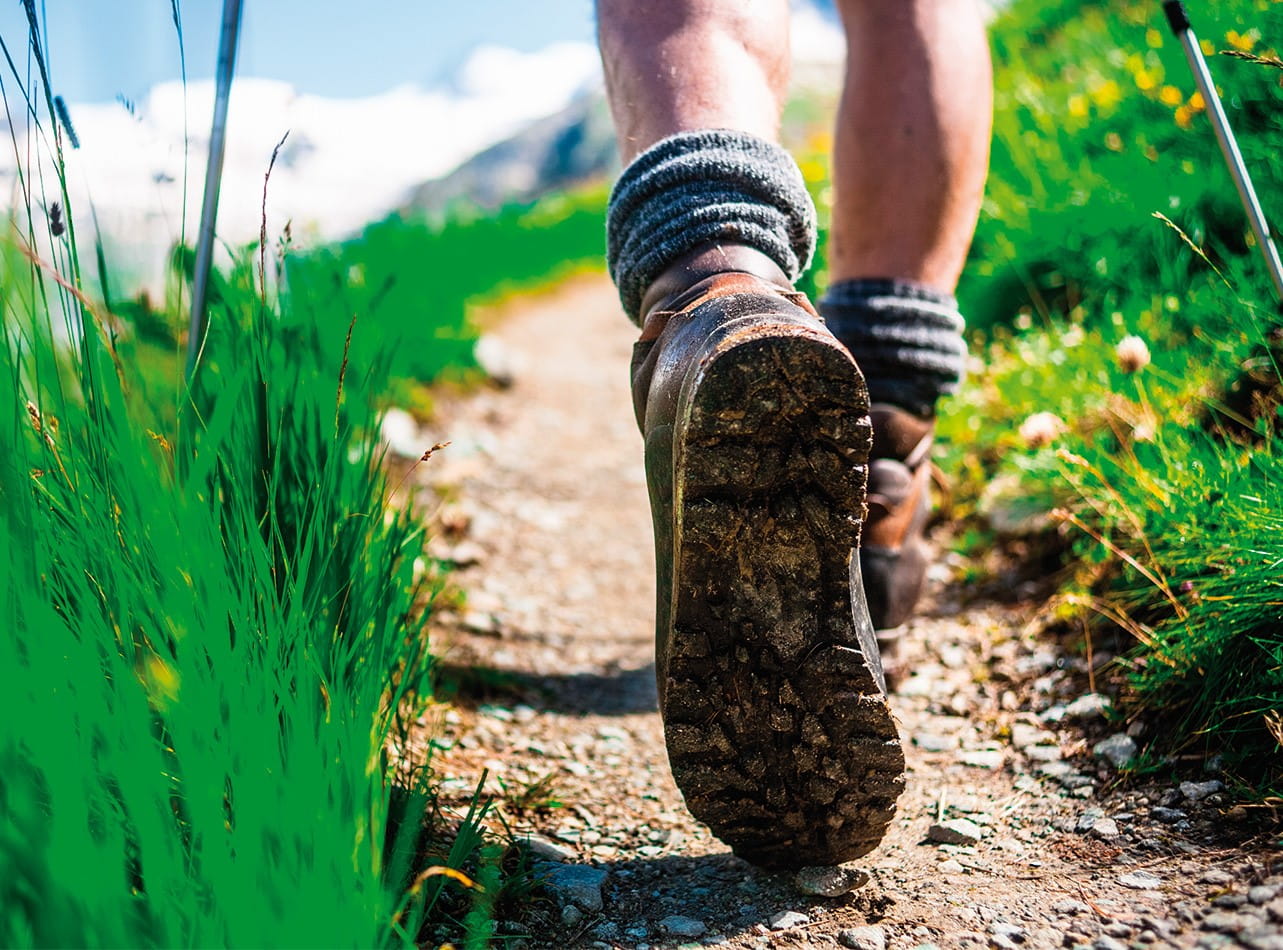
Find out about Saga’s walking holidays here…
Saga’s walking holidays are perfect for exploring Europe’s stunning destinations on foot. They’re suitable for all fitness levels and offer a well-balanced mix of guided walks and relaxation.

Are you retiring at the wrong age? The best age to retire for your body, brain, happiness and pocket.
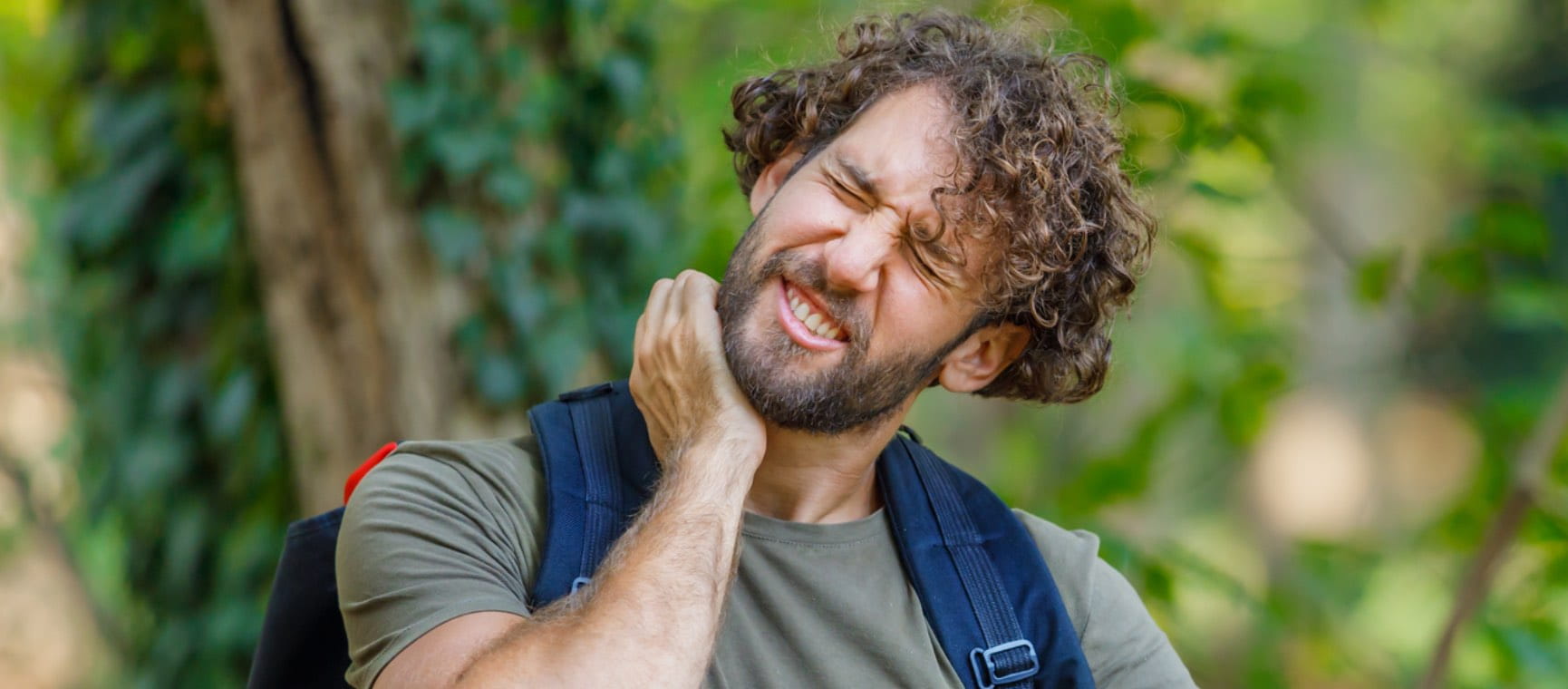

Everything you need to know about the lung infection, and how you could be ill with “walking” pneumonia without realising it.
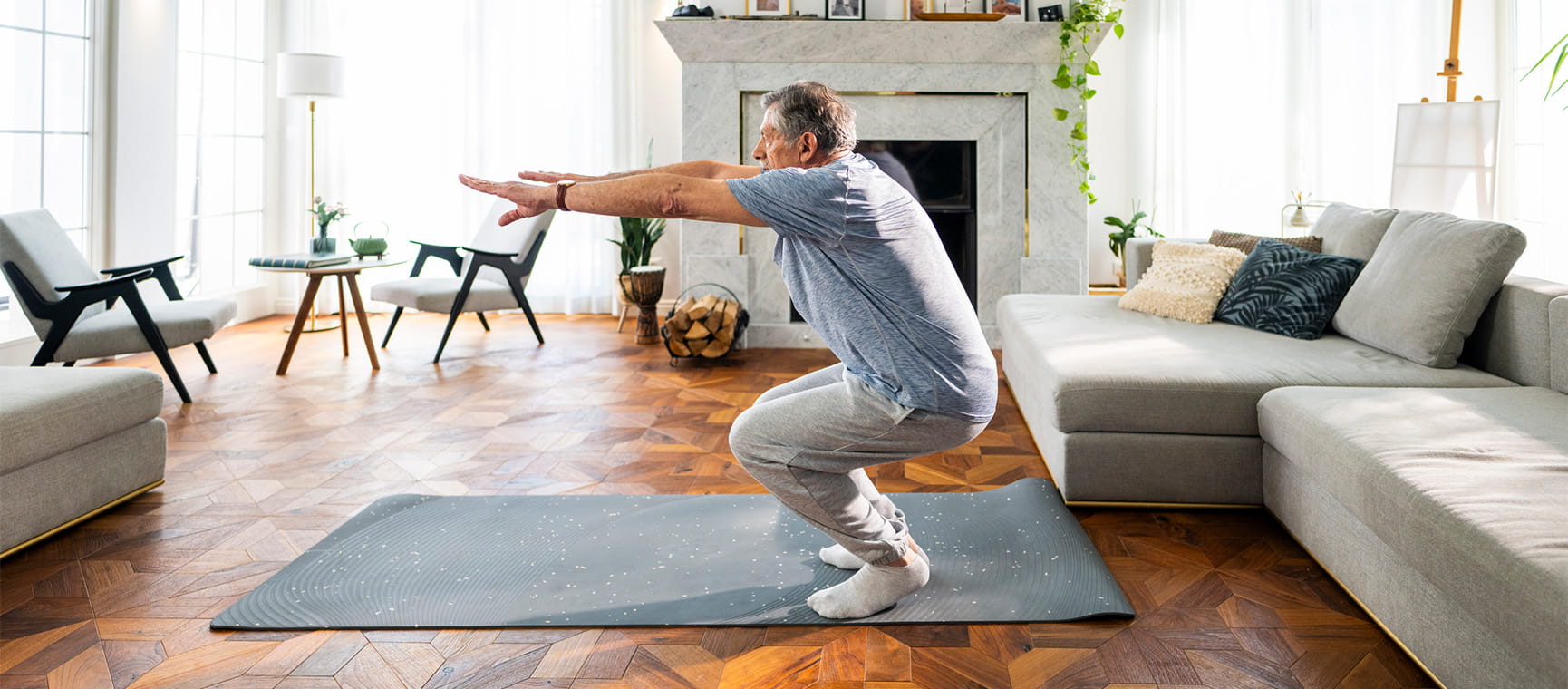
Strong calves for a strong mind: how they support our circulation and brain health, with easy moves to strengthen yours at home.


Our GP Dr Mark Porter explains what can cause itchy skin, which is a common problem as we get older.

Worried you’ve morphed into Victor Meldrew? Find out how to battle that bad mood, and what to do if you’re stuck with a grouchy loved one.

The benefits of heat and cold therapy, and how Nordic bathing won over our nervous writer.

Here’s how to spot the symptoms of heat disease and reduce your danger.
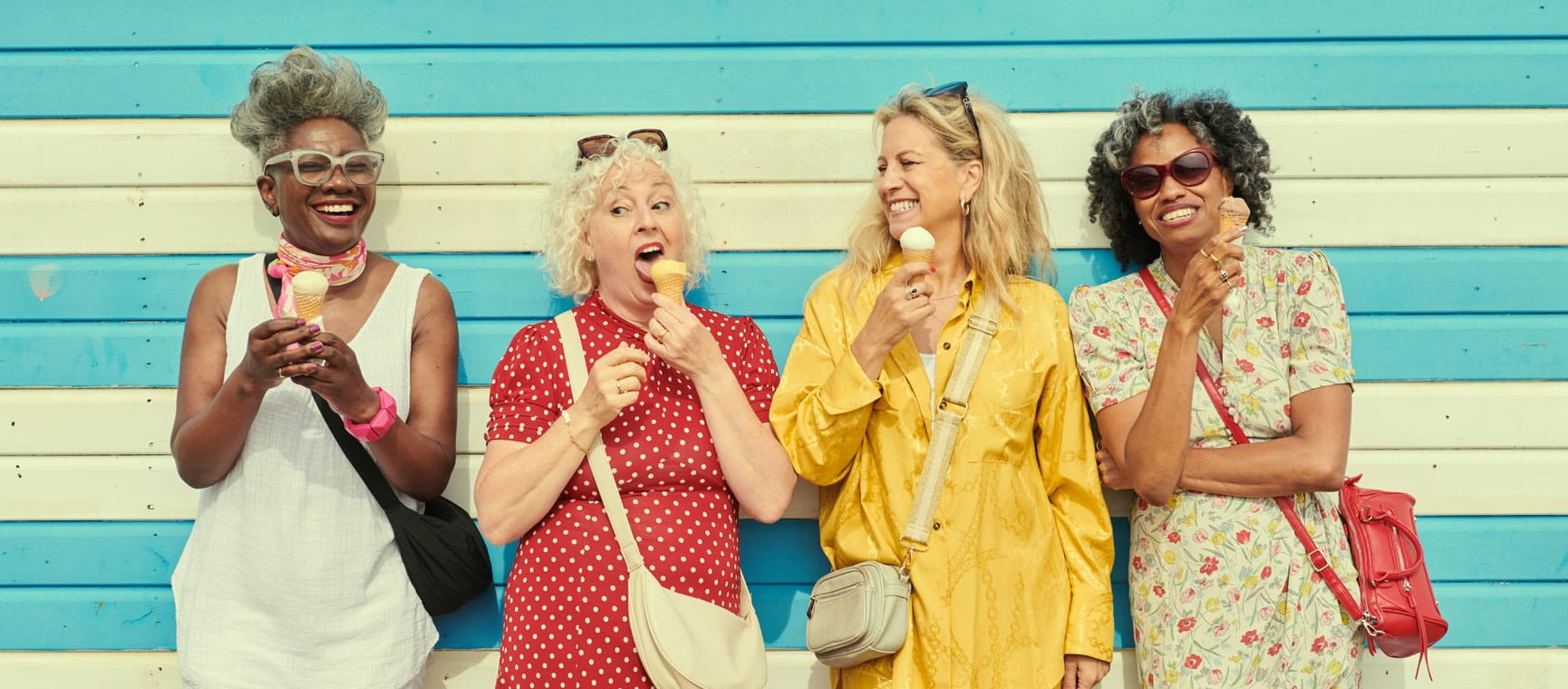
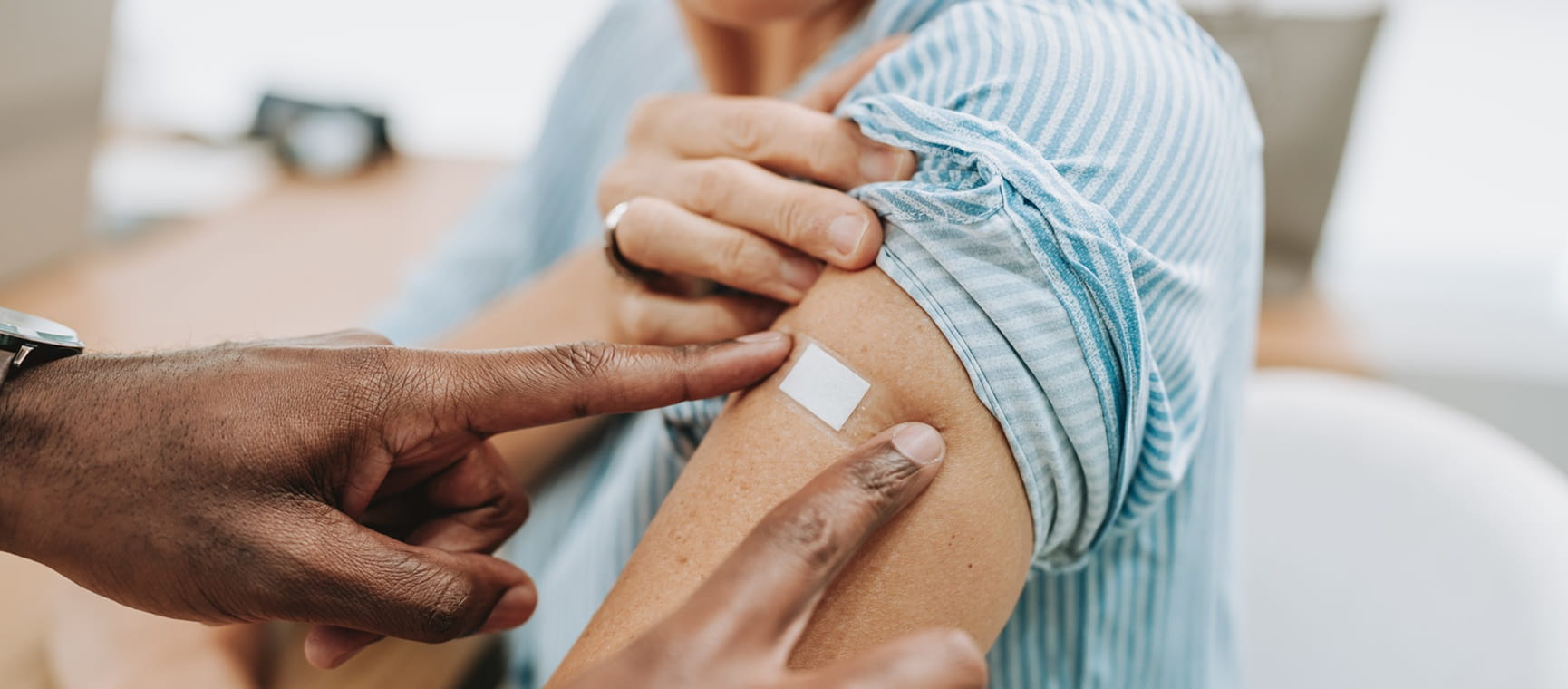
The NHS winter vaccination campaign kicks off next week. Here’s the lowdown on what you need to book.

Pilates for back pain – what to do if you are suffering, and five gentle exercises that could help.
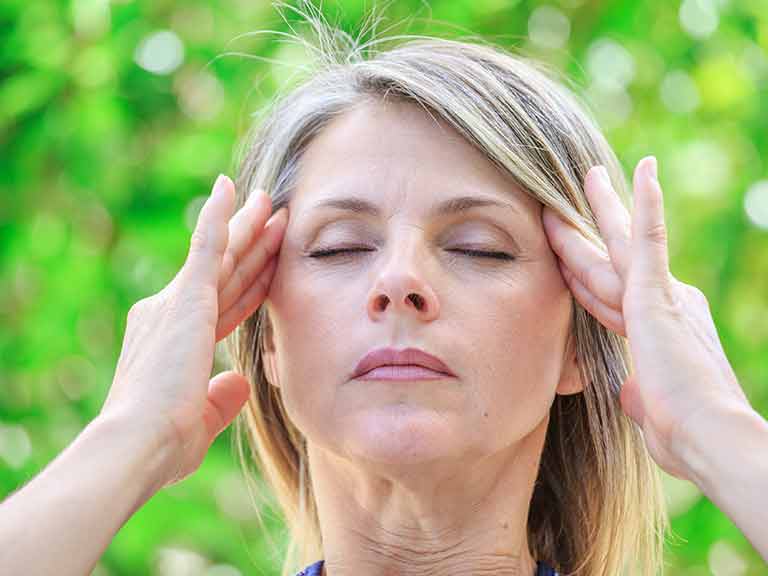
Dizziness or vertigo: a sensation of spinning, can stop us doing everyday things for fear of falling. Try these tips to stop feeling dizzy


You don’t have to put up with bladder leaks. We try out the latest pelvic floor gadgets for men and women.
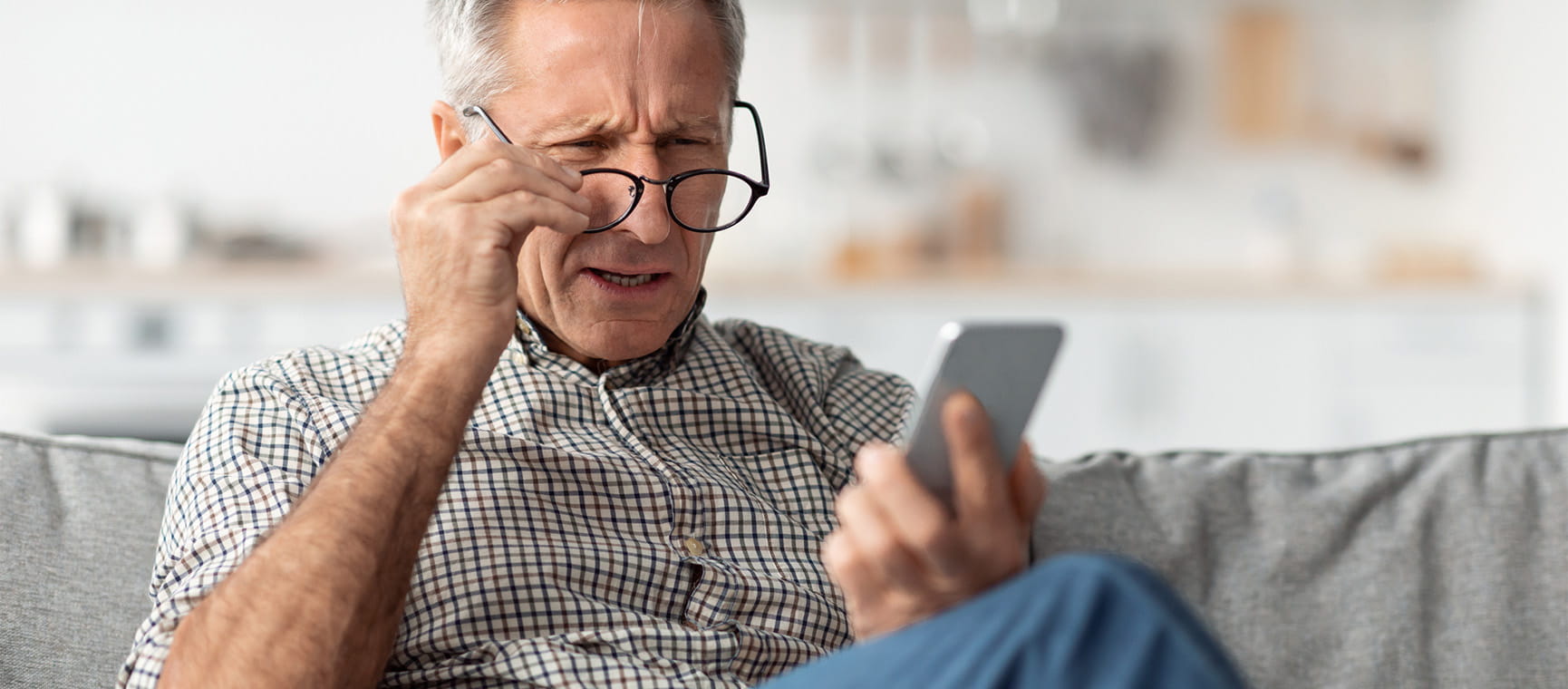
Cataracts are a normal part of ageing. Learn how to spot the signs – and when it’s time to consider surgery.